10M2 Global Studies
Section outline
-
EXPLORE / TŪHURA learning intentions:
- We are EXPLORING migration has been a part of human history for thousands of years, and the number of people on the move has likely been higher at different points in time by COMPARING BEFORE and NOW statistics.
- We are EXPLORING that factors driving migration, such as conflict, economic hardship, and political instability, are continuing to increase in many parts of the world by RESEARCHING push and pull factors.
- We are EXPLORING maritime or boat migration which occurs when people travel by sea to cross international borders by EMPATHISING with the illegal migration happening in different parts of the world currently.
- We are EXPLORING movement across borders can lead to complex and dynamic changes in people's culture and identity by ANALYSING the process of cultural exchange and adaptation
The movement of people and goods across borders can have significant impacts on both individuals and communities. Migration, for example, can bring about cultural diversity and economic benefits, but can also put pressure on local resources and result in social tensions.
Cross-border trade can drive economic growth and create jobs, but can also lead to the displacement of local businesses and workers.
It is important for governments and international organizations to consider the potential impacts of movement across borders and to develop policies that promote balanced and sustainable outcomes. This may include measures to support local communities and mitigate any negative impacts, as well as efforts to manage and regulate the flow of people and goods.
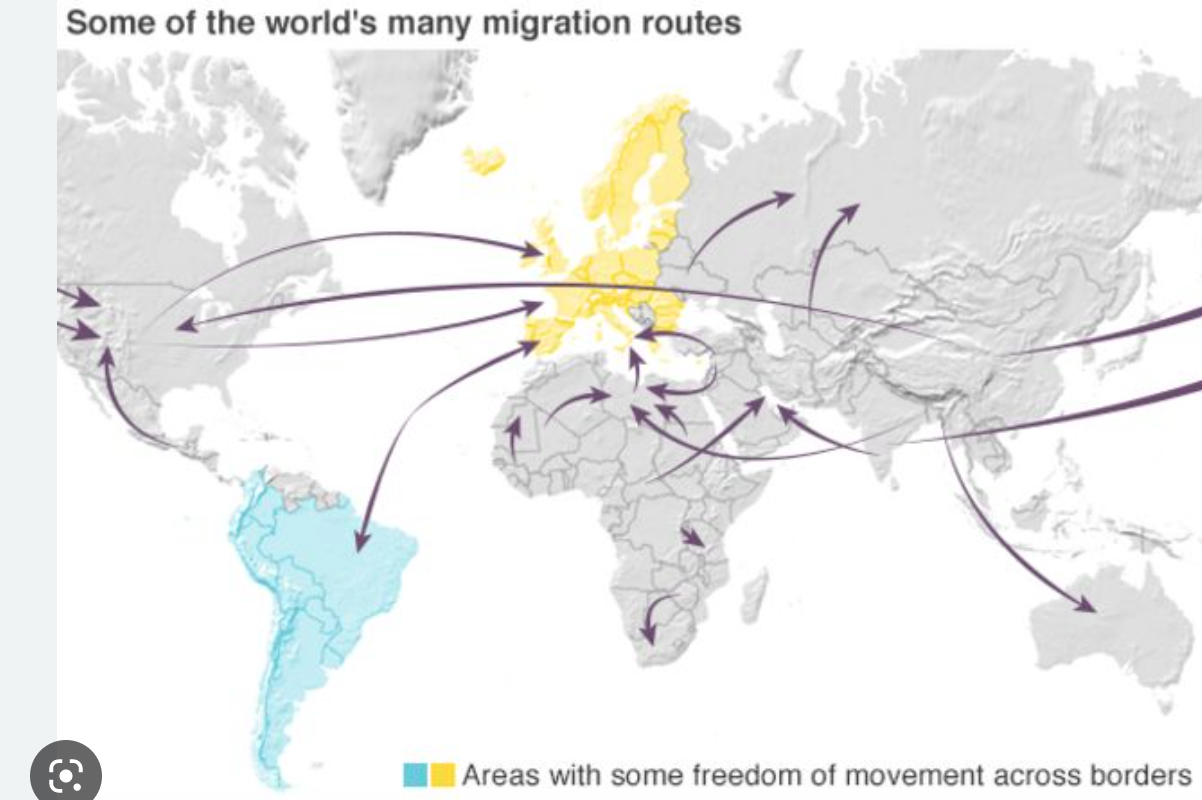
Success Criteria:
- Define emigration and its causes.
- Define key terms
- Describe the impact of emigration on countries and individuals.
- Unpack the challenges faced by emigrants and their communities.
- Activities:
- Analysis of photos
- What is ‘migration’?/ What is emigration?
- Key terms
- Discuss in your group and then match up and complete sentences in your book
- Explain the causes of emigration
-
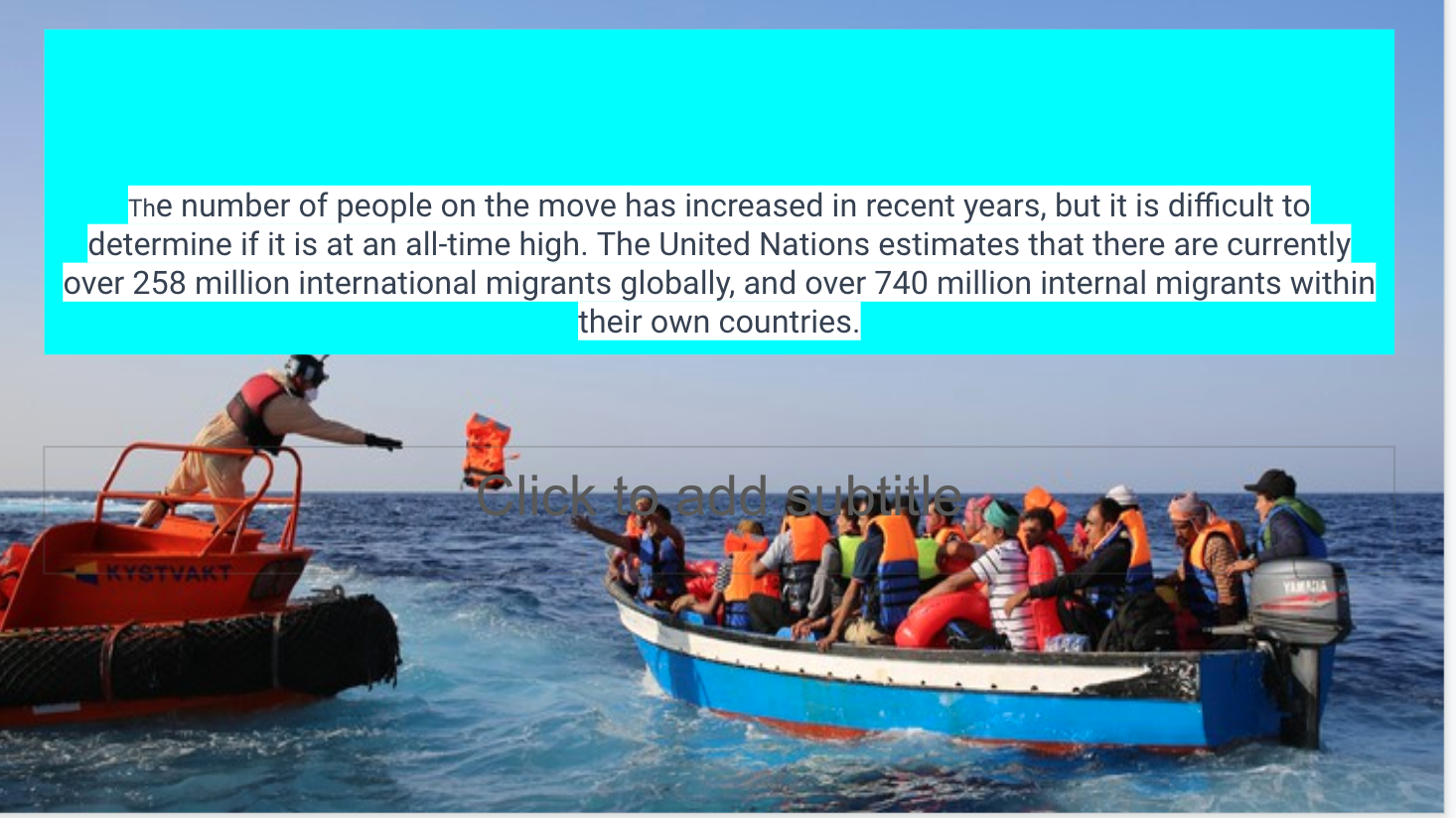
Success Criteria: I can/have...
- to define maritime cross-border migration and explain its causes and effects.
- list the challenges and risks associated with maritime migration.
- describe the policies and attitudes of different countries towards maritime migration.
Activities:
- Vocabulary list
- Video:
-
PLAN & DO / WHAKAMAHI learning intentions:
- We are applying our understanding of research skills to investigate the topic of migrant smuggling to write a report (collaborative learning with English)
- We are also demonstrating our reading comprehension skills by reading texts to understand the issues around migrant smuggling, finding specific information to meet the task requirements, and producing a written report.
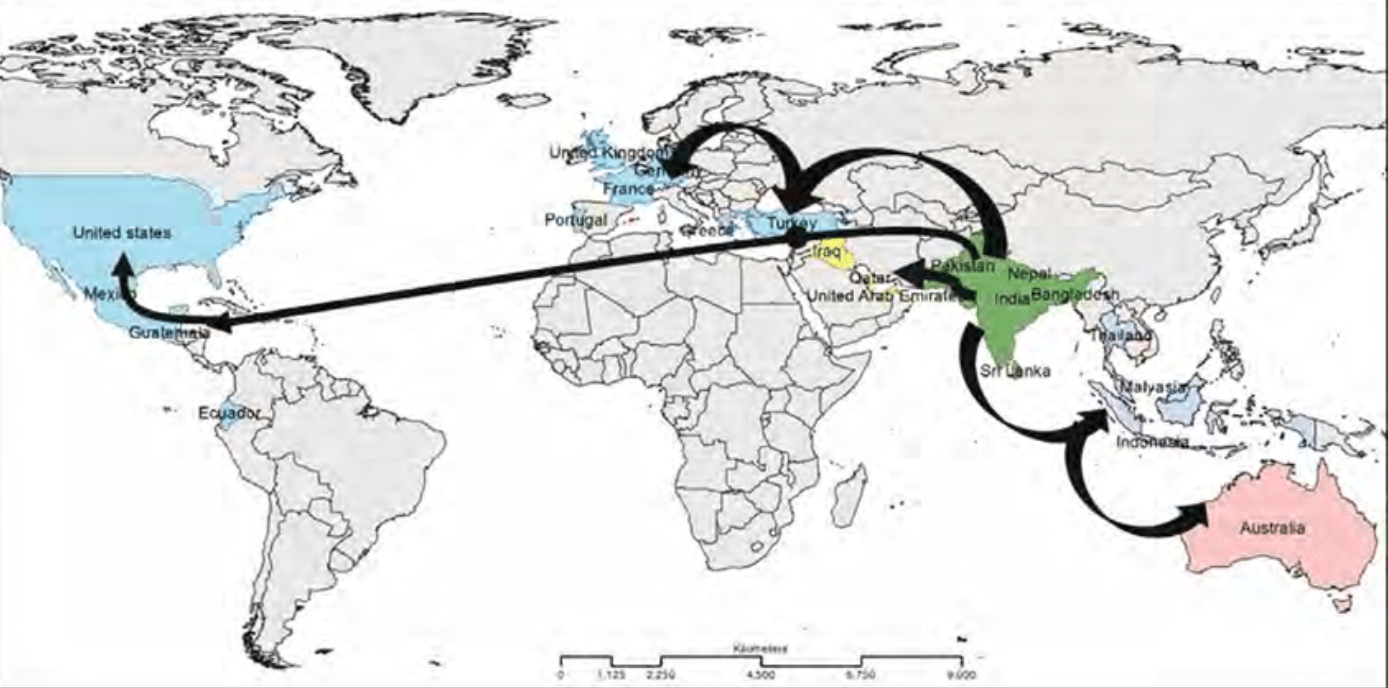
Kia ora in understanding the meaning and impact of the smuggling of migrants and other acts linked to the smuggling of migrants.
The smuggling of migrants is a crime with deep roots. Many factors increase vulnerability to this practice, including poverty, conflict and environmental disaster.
Success Criteria: I can/have...
- Understand the smuggling of migrants in the larger context of migration
- Understand the motivations of smugglers and migrants
- Identify both the benefits of and the challenges connected with migration
- Understand that financial or other material benefit is the primary purpose of migrant smuggling and as such is a requirement for its criminalization
- Differentiate between smuggling as a means of providing humanitarian assistance and smuggling for profit
Activities:
- Vocabulary list
- Video
Homework:
Write here... -
PLAN & DO / WHAKAMAHI learning intentions:
- We are applying our understanding of research skills to investigate the topic of migrant smuggling to write a report (collaborative learning with English)
- We are also demonstrating our reading comprehension skills by reading texts to understand the issues around migrant smuggling, finding specific information to meet the task requirements, and producing a written report.
PROFITING FROM MISERY
This week we are collaborating with English classes focussing on Migrant smuggling and writing a report about this humanitarian issue.
IMPORTANT DOCUMENTS
1. MIGRANT SMMUGLING-PROFITING FROM MISERY-information gathering
2. RESEARCH NOTES TEMPLATE
3. REPORT WRITINGWrite a report answering the following questions:
What is migrant smuggling, and how is it different from human trafficking?
Why do people resort to migrant smuggling, and what are some of the risks associated with it?
How do smugglers recruit and transport migrants, and what are some of the methods they use to evade authorities?
What are some of the challenges that countries face in combating migrant smuggling, and what measures are being taken to address the issue?
How does the media portray migrant smuggling and make the problem worse?
What role can individuals play in preventing migrant smuggling, and what are some resources available for those who have been victimized by smugglers?
How can young people get involved in efforts to combat migrant smuggling and raise awareness about the issue?
-
REFLECT / WHAIWHAKAARO learning intentions:
- We are REFLECTING on At different times in New Zealand History certain groups have been marginalized and treated as inferior to others simply because of the group they belonged to.
- We are REFLECTING on vocabulary related to the concepts of culture, collective identity, racism, discrimination, and colonization in relation to New Zealand history.
- We are REFLECTING how, since the mid-19th century (the 1800s), government actions and inaction, and prevailing stereotypes of the aforementioned groups have had negative impacts (social, cultural, economic, etc.).
At different times in New Zealand History certain groups have been marginalized and treated as inferior to others simply because of the group they belonged to. Prominent examples include the treatment of the original settlers of the land that is now known as New Zealand – the Māori, who endured an array of injustices and challenges to their identity from the mainstream European culture. Similar treatment was experienced by other ethnic groups such as Chinese goldminers, migrant labourers from India, Fiji, and Scandinavia, and workers from the Pacific Islands. By the end of this unit, students will be familiar with basic vocabulary related to the concepts of culture, collective identity, racism, discrimination, and colonization in relation to New Zealand history. They will be able to recount how, since the mid-19th century (the 1800s), government actions and inaction, and prevailing stereotypes of the aforementioned groups have had negative impacts (social, cultural, economic, etc.).
Success Criteria: I can/have...
Gain a basic understanding of the history and biology behind the concept of race and will be able to explain the statement: ‘While race is a myth, it is also a socia reality.’
Recount key terms and ideas that are associated with racism including what constitutes ethnicity and ethnic groups.
understanding key ideas on race and being able to give examples of what has happened historically when these labels have been applied to certain groups, and the importance of respecting diversity and practicing tolerance and inclusion in everyday life in New Zealand.
Activities:
- Videos
- Confronting Myths about Racism in New Zealand
Key Definitions
-
A Short History of Asian Discrimination in New Zealand
Success Criteria: I can/have...
- become familiar with the history of Asian exclusion and discrimination in New Zealand over the past 150 years,
- interpret representations in the form of how they were depicted in cartoons, and how these images reflected wider racial and cultural stereotypes.
explain how such broad labels as ‘Indian’ are inexact terms that refer to a broad array of people with diverse customs, religious beliefs and traditions.
Activities:
- Reading
- Questions
- Participating in class discussion
Static Image Creation/Analysis
- become familiar with the history of Asian exclusion and discrimination in New Zealand over the past 150 years,
-
EXPLORE / TŪHURA learning intentions:
- We are EXPLORING the complex world of human rights and our role in protecting the human rights of others.
- We are EXPLORING the events that led to the creation of UDHR
- We are EXPLORING the struggles for rights in present time
During this term, we will be exploring human rights around the globe and our role in protecting our own rights and the rights of others. We will be learning about some of the different ways people have advocated for change in the past and the fights people are continuing to wage today in our own backyard here in Aotearoa. We will be spending time thinking about our identity within our communities, the importance of allyship, and figuring out what issues we care about most.
We will be focussing on the importance of advocacy and how Human Rights are Protected by Non-Governmental Organizations.
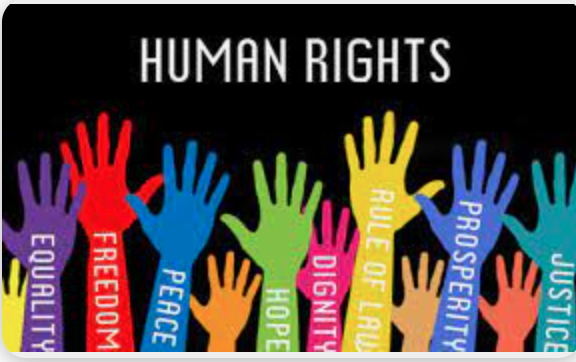
Success Criteria: I can/have...
Identify and recognize human rights.
Define a right.
Define dehumanization.
Define a scapegoat.
Explain the relationship between World War II and the development of international human rights standards.
Explain the importance of the UDHR in promoting human rights and preventing atrocities like those committed during World War II.
Activities:
- Do now -slide 3- PPT 2023 Human Rights
- What is a right?
- Questions -Slide 4-PPT 2023 Human Rights
-note taking key terms-Write each HR-Videos
- WWII- A History of dehumanization and scapegoating:
6. What was the Holocaust?
Use web link below and read the brief article
https://www.holocaustcentre.org.nz/what-was-the-holocaust.htmlAdolf Hitler and the Holocaust
- Write 5x bullet points in your exercise book to describe the Holocaust7. Discussion questions:
Compare and contrast their definition of human rights with UN definition.
-
FOCUS / ARONGA learning intentions:
- We are FOCUSING on Human Rights by defining the United Nations Declaration of Human Rights (UDHR)
- We are FOCUSING on Human Rights and Social Justice by identifying and explaining the breaches of the United Nations Declaration of Human Rights (UDHR) in present times
- We are FOCUSING on developing an understanding on the role of Non-Governmental Organizations (NGOs) in protecting human rights.
- We are FOCUSING on describing the strategies and methods used by NGOs to protect human rights.
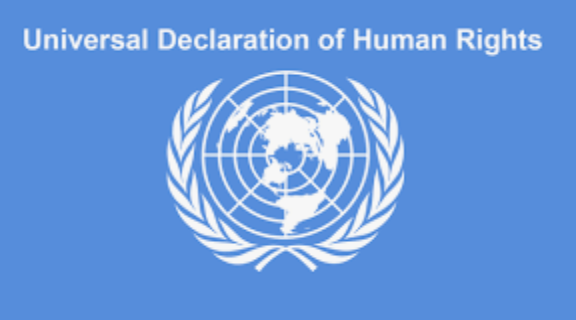

Success Criteria: I can/have...
I can define UN
I can define UDHR
I can list UDHR Human Rights
I can describe the events leading to the creation of the UN and the UDHR
I can relate an issue/situation/case study to an UDHR article (human right)
I can explain how the issue/ situation/ case study is a breach of a UDHR article (human right)
I can explain the effect of Human rights violation of people/groups
Activities:
- UNIVERSAL DECLARATION OF HUMAN RIGHTS (GOOGLE CLASSROOM)
- UNITED NATIONS (GOOGLE CLASSROOM)
(Homework:
Write here... -
FOCUS / ARONGA learning intentions:
- We are FOCUSING on Human Rights by defining the United Nations Declaration of Human Rights (UDHR)
- We are FOCUSING on Human Rights and Social Justice by identifying and explaining the breaches of the United Nations Declaration of Human Rights (UDHR) in present times
- We are FOCUSING on developing an understanding on the role of Non-Governmental Organizations (NGOs) in protecting human rights.
- We are FOCUSING on describing the strategies and methods used by NGOs to protect human rights.
Success Criteria: I can/have...
- Identify at least three examples of human rights from the UDHR handout.
- Explain the role of NGOs in protecting human rights.
- Identify and describe at least three strategies and methods used by NGOs to protect human rights.
Activities:
- NZ Herald treasure Hunt
- ONG'S Human rights
-
FOCUS / ARONGA learning intentions:
- We are FOCUSING on Human Rights by defining the United Nations Declaration of Human Rights (UDHR)
- We are FOCUSING on Human Rights and Social Justice by identifying and explaining the breaches of the United Nations Declaration of Human Rights (UDHR) in present times
- We are FOCUSING on developing an understanding on the role of Non-Governmental Organizations (NGOs) in protecting human rights.
- We are FOCUSING on describing the strategies and methods used by NGOs to protect human rights.
- We are FOCUSING on a human rights violation national or international so we can enhance our understanding in this issue
Success Criteria:
I can relate an issue/situation/case study to a UDHR articles
I can explain how the issue/situation/case study is a breach of a UDHR article
I can explain the effect of Human rights violations of people/groups
I can relate and empathize with people who have had their Human rights denied -
FOCUS / ARONGA learning intentions:
- We are FOCUSING on Human Rights by defining the United Nations Declaration of Human Rights (UDHR)
- We are FOCUSING on Human Rights and Social Justice by identifying and explaining the breaches of the United Nations Declaration of Human Rights (UDHR) in present times
- We are FOCUSING on developing an understanding on the role of Non-Governmental Organizations (NGOs) in protecting human rights.
- We are FOCUSING on describing the strategies and methods used by NGOs to protect human rights.
- We are FOCUSING on a human rights violation national or international so we can enhance our understanding in this issue
Success Criteria:
I can relate an issue/situation/case study to a UDHR articles
I can explain how the issue/situation/case study is a breach of a UDHR article
I can explain the effect of Human rights violations of people/groups
I can relate and empathize with people who have had their Human rights denied -
PLAN & DO / WHAKAMAHI learning intentions:
- We are PLANNING our personal involvement in an NGO so that we can raise awareness and raise funds to promote human rights and social justice.
TAAB Criteria
Working Towards
Working At
Working Above
Working Beyond
You have demonstrated an understanding of the social justice/human rights issue
You have demonstrated a full understanding of the social justice/human rights issue
You have demonstrated a sound understanding of the social justice/human rights issue
You have demonstrated an in-depth understanding of the social justice/human rights issue
You have summarised your intended social action and how it promotes human rights and social justice
You have discussed your intended social action and how it promotes human rights and social justice
You have evaluated your intended social action and how it promotes human rights and social justice
You have critically evaluated your intended social action and how it promotes human rights and social justice
You have yet to participate in OR you have described in detail your involvement in an established social action
You have used some conventions of report writing correctly
You have explained your involvement in an established social action
You have used some conventions of report writing consistently and correctly
You have explained your involvement in an established social action, using examples to support
You have used many conventions of report writing consistently and correctly
You have explained in detail your involvement in an established social action, using examples to support
You have used all the conventions of a report consistently and correctly
NCEA Achieved
NCEA Achievement with Merit
NCEA Achievement with Excellence
Report on personal involvement in a social justice and human rights action.
Report, in-depth, on personal involvement in a social justice and human rights action.
Comprehensively report on personal involvement in a social justice and human rights action.
-
PLAN & DO / WHAKAMAHI learning intentions:
- We are PLANNING our personal involvement in an NGO so that we can raise awareness and raise funds to promote human rights and social justice.
Due to rostering home strike this week, you still will be working on your assessment.
Remember this is due Monday 26th June.
-
EXPLORE / TŪHURA learning intentions:
- We are EXPLORING the concept of systems of government
- We are EXPLORING to describe different systems of government
- We are EXPLORING the ways in which the leadership of groups is acquired and exercised can have consequences for communities and societies.
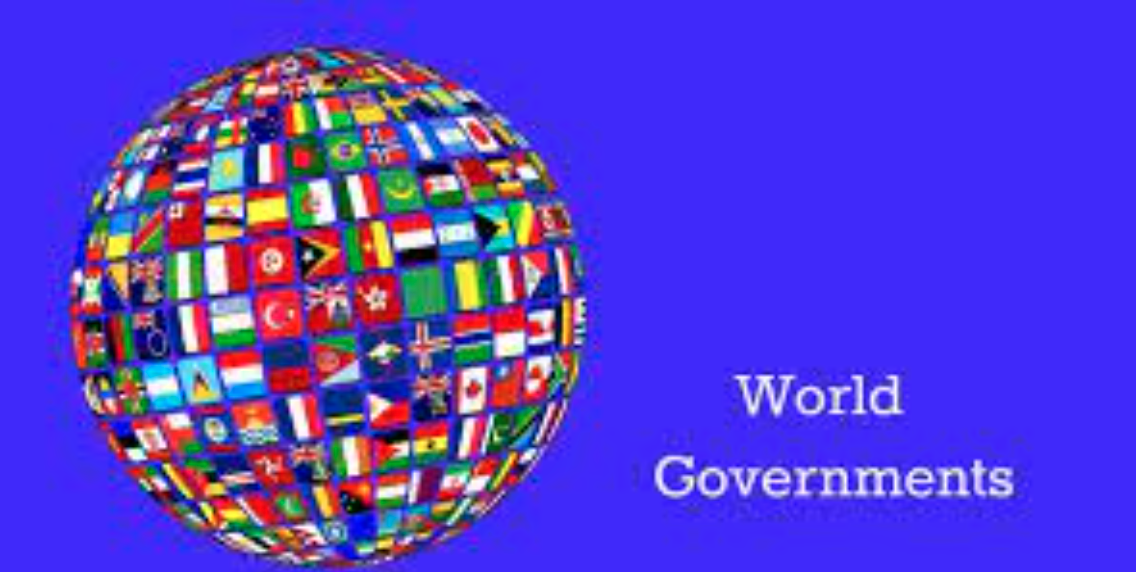
Welcome to an exciting Term 3.
What would society be like without laws? it'b be a lot like playing a game without rules, without a ser rule of law society would be governed by the law of nature.
In a utopian (ideal) world people would be kind, generous and considerate to their neighbor. Crime wouldn't exist and the rights of men and women everywhere would be protected and respected. However, as we all know the world isn't utopian by nature. Some people are predisposed towards cruelty and as long as these kinds of people exist the rights of citizens could be violated and injustice would reign in a society.
This term we are going to be learning how essential in our lives Government is and how the different types of Government affect people's lives.Success Criteria: I can/have...
I can define and explain what Government is and how important is in my own words.
I can identify and describe at least three different systems of government and three different systems of justice.
Activities:
Mind map of the word GOVERNMENT-BOARD
Power, control, rules politics etc
Activity 2
1. Key words.odt Google classroom
Activity 3
What is government? Video clip
https://www.youtube.com/watch?v=2G6SsQHrms8
https://docs.google.com/document/d/1DEqrPEocIFsV6nt7Z_uziE44xMWySvc-bYMKZfg_A0U/edit
Activity 4
Types of Government
https://drive.google.com/drive/folders/0B_YmbGaaJmPIbnM2MUdVTkdROVE
Activity 5
Reading Mind Map-Types of Government
https://docs.google.com/document/d/1mKZ4_beQWKaT-A1SHfL-6wcccdYL1GjjpDjXlrg9qQs/editHomework:
Write here... -
EXPLORE / TŪHURA learning intentions:
- We are EXPLORING the concept of systems of government
- We are EXPLORING to describe different systems of government
- We are EXPLORING the ways in which the leadership of groups is acquired and exercised can have consequences for communities and societies.
This week we are going to get a better understanding of the Types of Governments and how impact our lives.
Success Criteria: I can/have...
- I can identify and describe at least three different systems of government
- I compare and contrast the key features and characteristics of different systems of government
Activities
Types of Government Mind map-Google classroom
-
EXPLORE / TŪHURA learning intentions:
- We are EXPLORING the concept of systems of government
- We are EXPLORING to describe different systems of government
- We are EXPLORING the ways in which the leadership of groups is acquired and exercised can have consequences for communities and societies.
During this week the key concepts we will be looking at are monarchy, totalitarianism, constitutional monarchy, republic, and anarchy.
https://www.youtube.com/watch?v=pvPCYqKZP3Y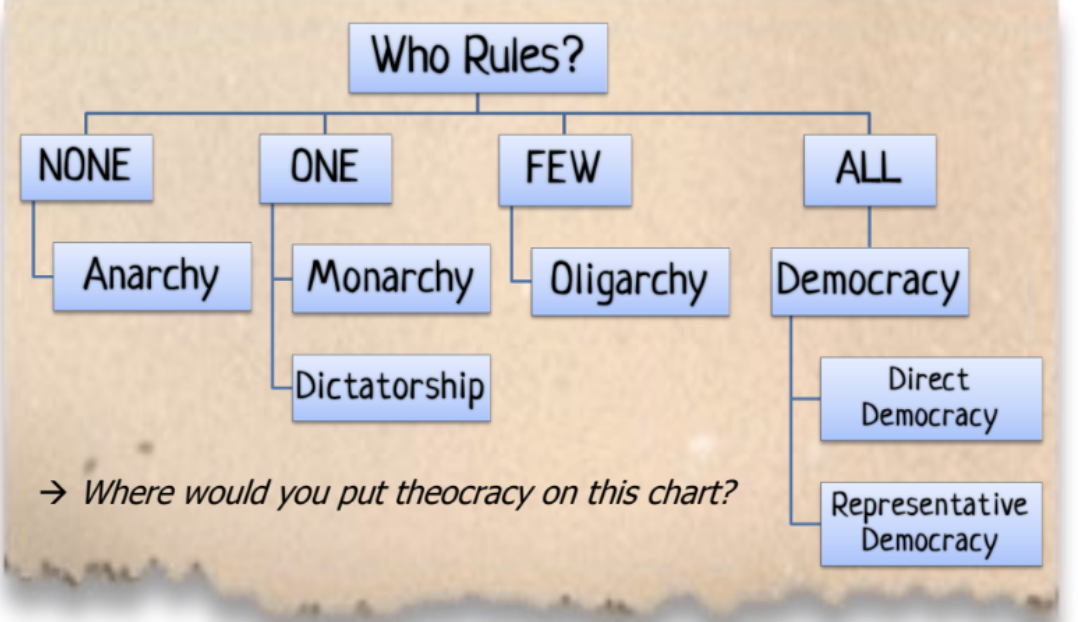
Paearu Angitu / Success Criteria: I can/have...
- describe several different types of government
- explain the strengths and weaknesses of different kinds of government
Hei Mahi / Activities: Google Classroom
- https://docs.google.com/presentation/d/1dmA8hN5XIn0aIgjDIHoUKf0SuZJ13U5t4dGdBQqUSg8/edit#slide=id.p15
https://docs.google.com/document/d/1lf2jcSERQKmOpfMhiZvFD5Lp4r5RVZTDInDGCFeASCY/edit
-
Paearu Angitu / Success Criteria: I can/have...
- I can identify New Zealand's political system
- I can explain that we have a parliament, government, and judiciary
- I can identify who runs the country
- I have named the people running the country and am able to list their role
- I have listed the skill needed to be a Prime Minister
Hei Mahi / Activities:
- Separation of powers-google classroom
- Democracy or not
Mahi Kāinga / Homework:
Write here... -
FOCUS / ARONGA learning intentions:
- We are FOCUSING on understanding that New Zealand has a democratic political system and a constitutional monarchy, so it is a distinct political system
- We are FOCUSING to describe that people have different roles in Parliament
- We are FOCUSING to develop an understanding of New Zealand’s electoral system and how allows minor parties and Maori to be represented
- We are FOCUSING on describing how laws are made in New Zealand
- We are FOCUSING hjow local government differs from central government
I am an active and critical participant in my community:
- Stage 1:
- I am a reliable community member (uniform, equipment, attendance and punctuality)
- I am an involved and contributing member of my community
- I am a critical thinker as I reflect, question and act
- Stage 2:
- I am a self-managing & reliable community member (uniform, equipment, attendance and punctuality)
- I am involved and show leadership in my community
- I am open and responsive (critical & creative) to new ideas and different perspectives
-
FOCUS / ARONGA learning intentions:
- We are FOCUSING on understanding that New Zealand has a democratic political system and a constitutional monarchy, so it is a distinct political system
- We are FOCUSING to describe that people have different roles in Parliament
- We are FOCUSING to develop an understanding of New Zealand’s electoral system and how allows minor parties and Maori to be represented
- We are FOCUSING on describing how laws are made in New Zealand
- We are FOCUSING hjow local government differs from central government
I am an active and critical participant in my community:
- Stage 1:
- I am a reliable community member (uniform, equipment, attendance and punctuality)
- I am an involved and contributing member of my community
- I am a critical thinker as I reflect, question and act
- Stage 2:
- I am a self-managing & reliable community member (uniform, equipment, attendance and punctuality)
- I am involved and show leadership in my community
- I am open and responsive (critical & creative) to new ideas and different perspectives
This week you are focussing on your campaign happening on Friday. Please refer to Google classroom under the English/Global Assessment topic for further details
-
PLAN & DO / WHAKAMAHI learning intentions:
- We are PLANNING our campaign to propose the end of the year trip so we can demonstrate and justify how political groups work during election time
- We are planning to produce a video webinar so we can share the learning process done in English and in Global Studies and compare how a chosen political party works
I am an active and critical participant in my community:
- Stage 1:
- I am a reliable community member (uniform, equipment, attendance and punctuality)
- I am an involved and contributing member of my community
- I am a critical thinker as I reflect, question and act
- Stage 2:
- I am a self-managing & reliable community member (uniform, equipment, attendance and punctuality)
- I am involved and show leadership in my community
- I am open and responsive (critical & creative) to new ideas and different perspectives
-
PLAN & DO / WHAKAMAHI learning intentions:
- We are PLANNING our campaign to propose the end of the year trip so we can demonstrate and justify how political groups work during election time
- We are planning to produce a video webinar so we can share the learning process done in English and in Global Studies and compare how a chosen political party works
I am an active and critical participant in my community:
- Stage 1:
- I am a reliable community member (uniform, equipment, attendance and punctuality)
- I am an involved and contributing member of my community
- I am a critical thinker as I reflect, question and act
- Stage 2:
- I am a self-managing & reliable community member (uniform, equipment, attendance and punctuality)
- I am involved and show leadership in my community
- I am open and responsive (critical & creative) to new ideas and different perspectives
I am an active and critical participant in my community:
- Stage 1:
- I am a reliable community member (uniform, equipment, attendance and punctuality)
- I am an involved and contributing member of my community
- I am a critical thinker as I reflect, question and act
- Stage 2:
- I am a self-managing & reliable community member (uniform, equipment, attendance and punctuality)
- I am involved and show leadership in my community
- I am open and responsive (critical & creative) to new ideas and different perspectives
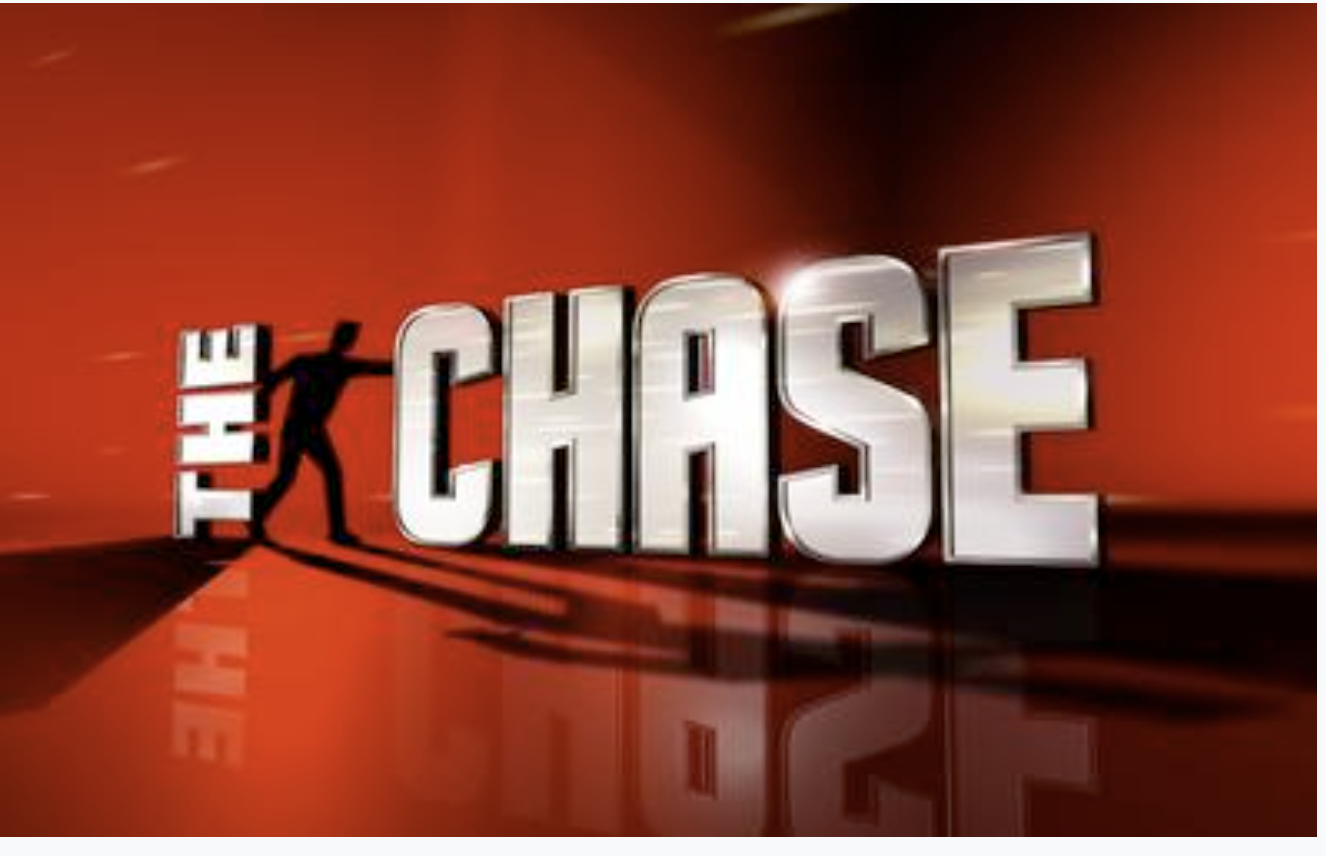
This week you are working in your new group to prepare the answers for the questions that we will play on Thursday.
There are 20 questions, the faster and the most accurate gets the point. These questions are in your Google Classroom.
This week is also due for the webinar for your assessment, Friday.
-
EXPLORE / TŪHURA learning intentions:
- We are EXPLORING to interpret the different types of maps and their key features.
- We are EXPLORING what geography is and being able to give examples.
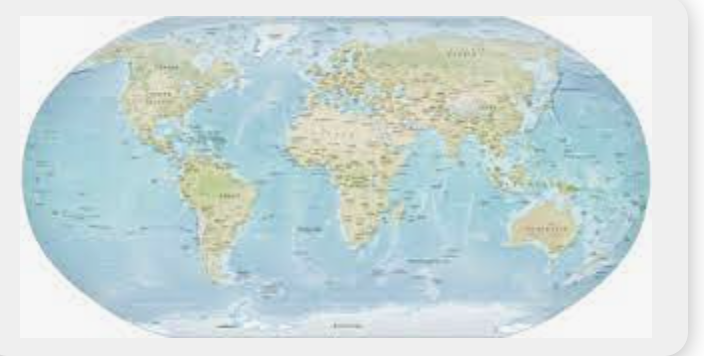
Paearu Angitu / Success Criteria: I can/have...
- name and locate the different continents on a world map.
- what geography is and be able to give examples
- categorize Geography into human and physical
Hei Mahi / Activities: Google classroom
- Challenges-NO DEVICES ONLY MAP
- Name the continent
- Name the label
- Race of Challenges
-
EXPLORE / TŪHURA learning intentions:
- We are EXPLORING locate places to go in Auckland
- We are EXPLORING to recognize cities and districts of Auckland
- We are EXPLORING to discover changes to the landscape in the city of Auckland
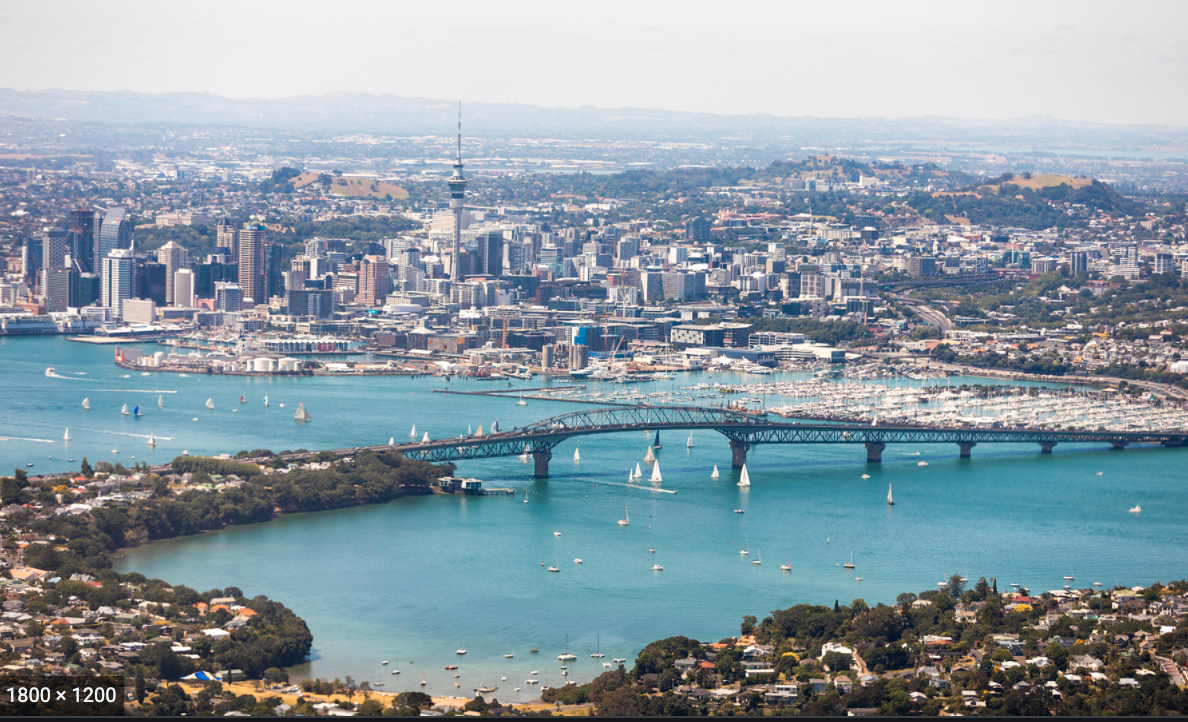
Success Criteria: I can/have...
- located places in an Auckland map
- categorized important places in Auckland
- completed the section of the Auckland booklet for my Kiwi passport
Activities:
- Google Classroom
-
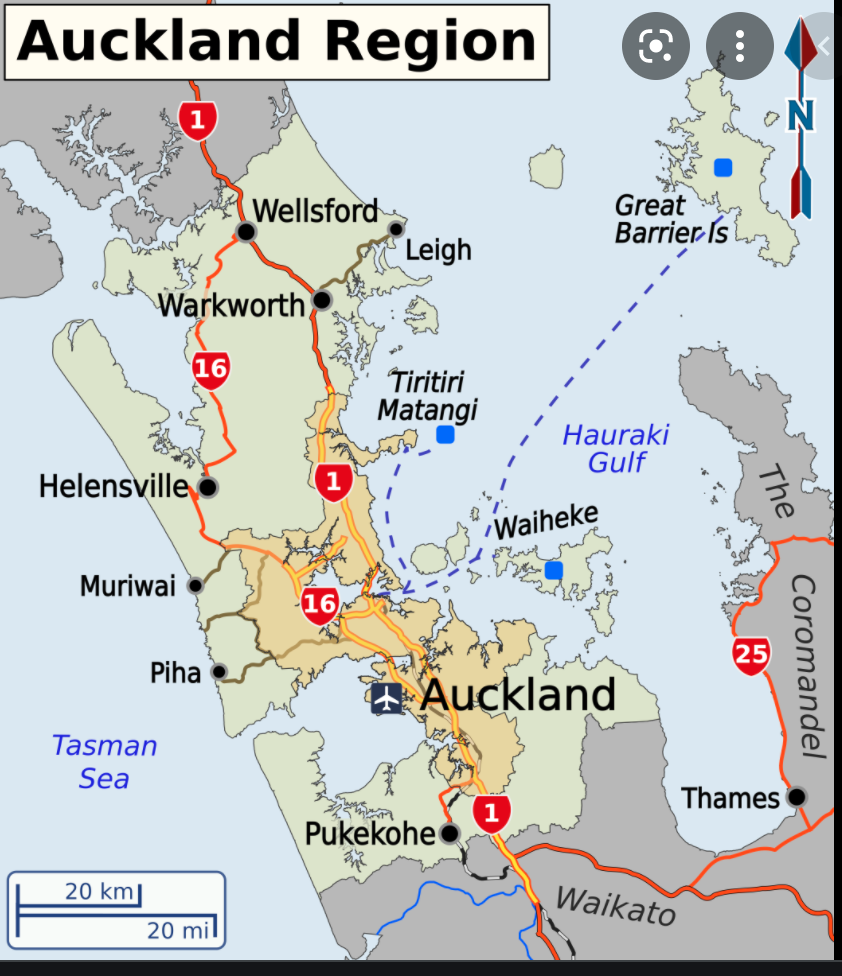
Success Criteria:
what makes your community through the map
Understand the cities and districts that make Auckland
Understand some of the changes to the landscape and city in Auckland and changes to the land in New Zealand
Name the regions that make up New Zealand
Understand one region other than one own in detail through a research activity
Locate major geographical features of Auckland on a map
Must do sheet and in Google classroom.
EXPLORE / TŪHURA learning intentions:
- We are EXPLORING locate places to go in Auckland
- We are EXPLORING to recognize cities and districts of Auckland
- We are EXPLORING to discover changes to the landscape in the city of Auckland
-
